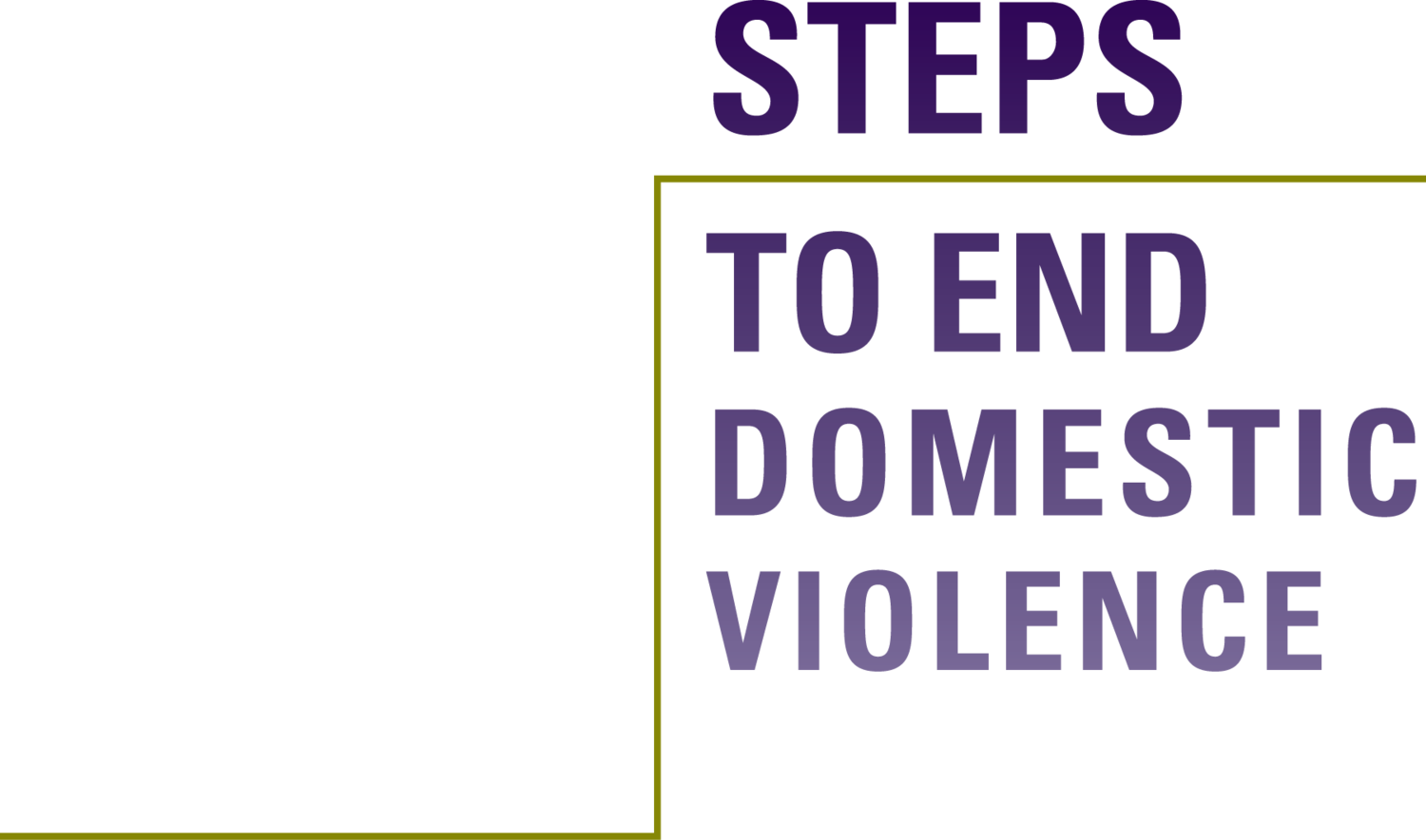Note: This was written by a survivor; it is a real account from a real person. Please note potential triggers in this powerful piece.
What do we talk about when we talk about abusive relationships?
Typically, we resort to stereotypes: the lower-class husband clad in a “wife-beater” tank top, screaming at his partner, a Bud Light in one hand and a fist in the other. Or, it’s the Lifetime Movie-esq teen, scrawny and misunderstood, who starts out sweet and ends up as a controlling stalker.
When we teach kids about the signs of abuse, we make it sound simple–as if they can spot potentially toxic people from a mile away. The truth is, abuse is far more complicated we make it out to be; it is not always visible on the surface. When we talk about abuse, we may talk about physical and sexual violence and controlling behaviors, but we don’t point out the emotional manipulations that have lasting psychological effects. The problem with society’s abusive stereotypes, while they may in some cases be accurate, is that they make it sound much easier than it truly is to spot.
As we grow up and learn to date, we’re taught that love is “supposed to be hard.” Nobody tells you that while relationships are hard work, they’re not supposed to be painful. Society’s warped impression of love makes abuse even harder to spot. According to the 2011 College Dating Violence and Abuse Poll by Knowledge Networks, nearly 1 in 3 college women say they have been in an abusive dating relationship. However, 57% of all college students say it is difficult to identify dating abuse.
I would have never spotted my abuser from a mile away. In fact, I didn’t even label my ex as “abusive” when abuse was staring me right in the face. It took me a year, some months, and countless Google searches to make sense of what was happening to me. I can’t help but think that, if I knew the signs earlier, I would have been able to save myself.
My ex boyfriend/roommate doesn’t look abusive. He’s handsome, eloquent, well dressed, intelligent, and even sweet. He’s the type to help elderly ladies across the street and hold the door open for a long line of people. His friends would say that he’s a good guy–a bit eccentric, maybe, but not a terrible person. He is smart to the point of cunning. His charm is a byproduct of well-planned manipulation. He’s thoughtful when he needs to get what he wants, and absolutely demonic when he doesn’t get it. For a year and some months, I experienced the intense psychological torture that only comes with trying to understand a narcissistic personality. The abuse I experienced didn’t create physical scars – he’s too smart to leave evidence – but it left me with broken pieces that will take years to pick back up. Does that make it any less abusive?
According to the National Domestic Violence Hotline, domestic violence is “a pattern of behaviors used by one partner to maintain power and control over another partner in an intimate relationship.” This includes emotional abuse: exerting control through constant criticism, trying to isolate their partner from family and friends, humiliation, victim-blaming, gaslighting, cheating, and claiming their partner will never find someone better–just to name a few. Emotional abuse doesn’t leave bruises or cuts, but it can make the victim feel just as confused, depressed, and trapped as physical abuse does.
The College Dating Violence and Abuse Poll concludes that 70% of college students in abusive relationships said that, at the time, they didn’t realize it was abuse. I thought I was crazy. I thought that my depression and anxiety were getting in the way of my relationship, when in reality, they were because of it.
When we talk about abuse, we need to talk about the non-physical signs. Maybe they don’t hit you, but they hit other things to make you feel scared. Maybe they don’t hit you, but they undermine your choices to the point where you’re questioning your self-worth. Maybe they don’t hit you, but they make you feel like they’re in high demand to give you a sense of urgency: please them, or be replaced. Maybe they don’t hit you, but they blame you for your sadness and their raging, violent outbursts. I could go on.
Abuse is more than a guy in a “wife-beater” losing his temper. It can happen across genders, between coworkers, friends, family, and intimate partners. It can happen to someone without them ever being hit. It comes from people who seem perfect at first, people who know the twisted art of manipulation.
In schools, we are taught about rape culture and consent. I demand that there be another facet to teaching about dating. We need to teach about all types of abuse: physical, emotional, and sexual. More importantly, we need to emphasize what a healthy relationship feels like. By rethinking the way we talk about abuse, I hope that we can give future generations a better idea of how to sustain healthy, fulfilling relationships–and how to spot the signs of anything less early on. ★


